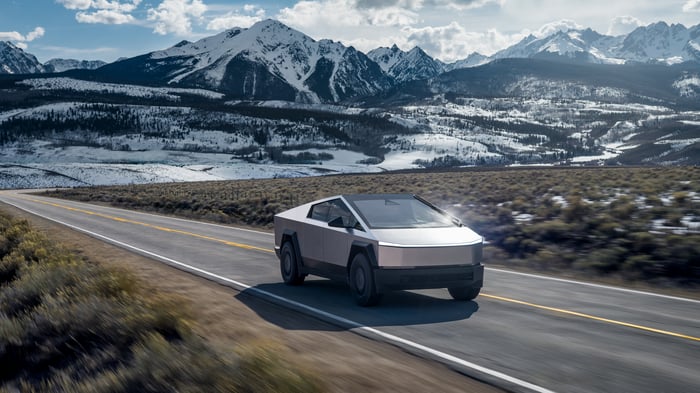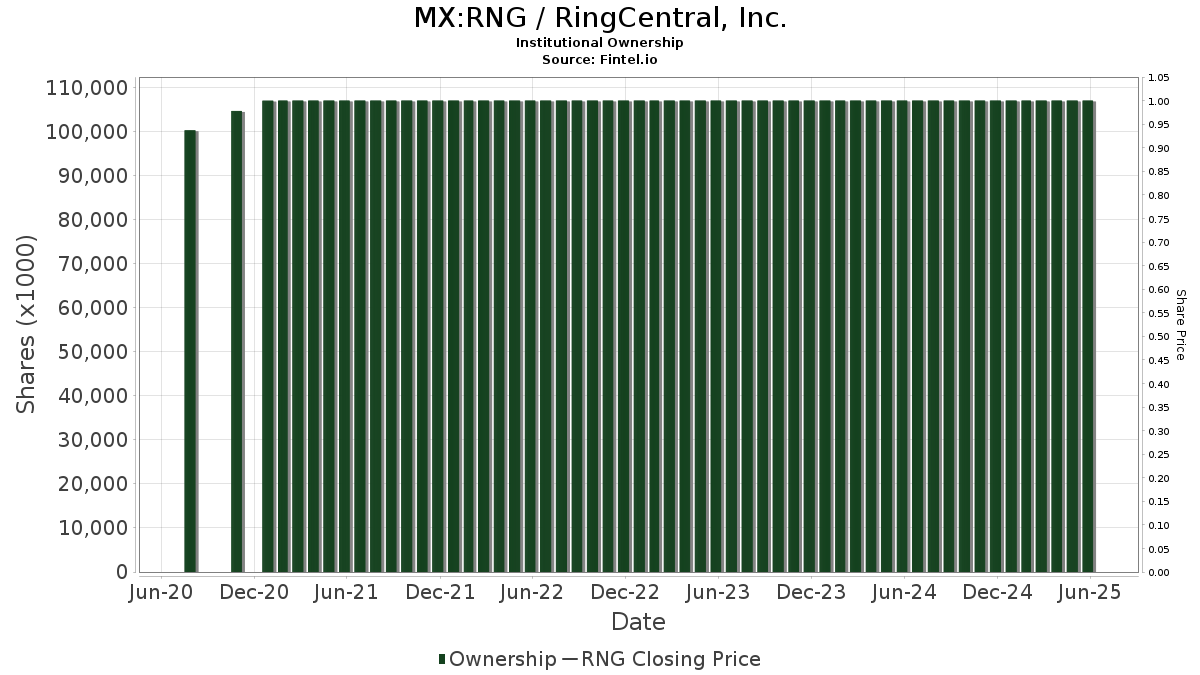Ford Motor Company and General Motors are facing challenges in the transition to electric vehicles (EVs), particularly regarding full-size trucks, which have historically been their profit backbone. While full-size trucks cost marginally more to produce than passenger cars, they yield significantly higher sales prices. However, the shift towards EVs presents a concern for auto investors as these trucks struggle to meet consumer expectations for performance and towing capacity.
Tesla’s Cybertruck, originally projected to achieve annual sales of 250,000 to 500,000 units, registered only 40,000 units last year. Similarly, Ford’s F-150 Lightning experienced only 24,695 registrations in 2023, falling short of its initial expectations of 150,000 annual units. Rivian also reported disappointing figures, with registrations declining from 11,311 to 9,876, and a backlog of 114,000 for its R1T and R1S models.
Truck EVs require large batteries for towing capability, which significantly increases costs and could diminish profit margins. Rivian’s CEO noted the difficulty in making cost-effective electric pickup trucks, signaling a potentially challenging landscape for automakers in the EV segment that relies heavily on truck sales.







